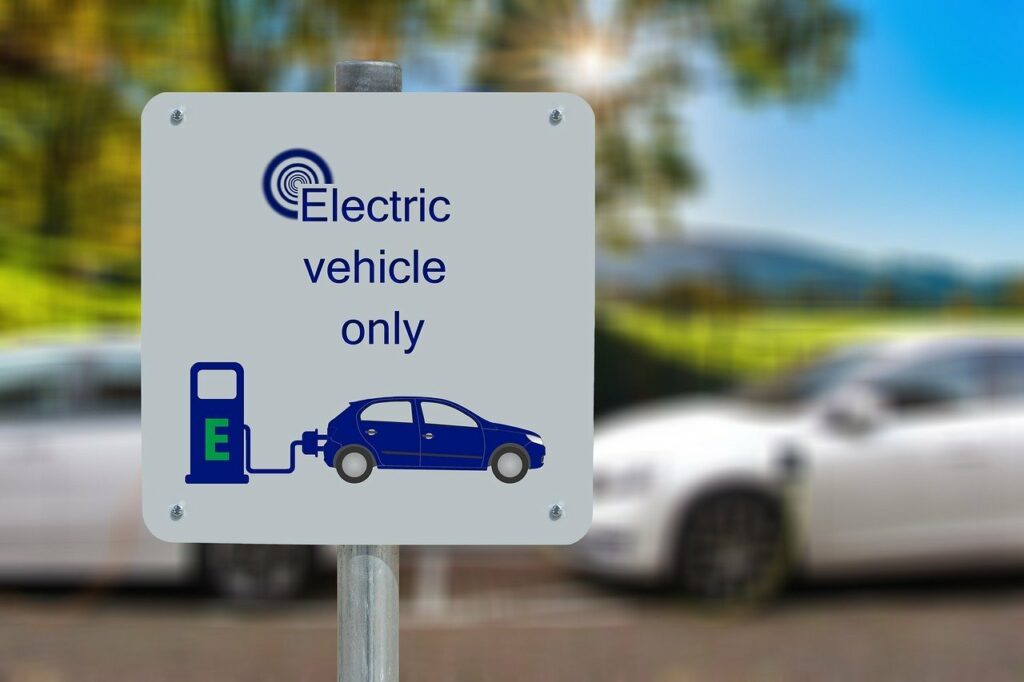A new study by energy consultancy Delta-EE has found that the UK is one of the leaders in EV infrastructure in Europe.
It shows that in the UK, there is an average of nine EVs per public chargepoint, exceeding the recommended 10 per point suggested by the European Commission.
Strong investment in chargepoints has been key to this success according to the report, with £300-400 million invested into public charging infrastructure so far.
However, there is great discrepancy in the regional distribution of infrastructure. The areas with the greatest density of infrastructure are London, Scotland, the South East and the South West, while the midlands and the north have more sparse infrastructure.
Alexander Lewis-Jones, senior analyst at Delta-EE, said: “There’s a lot of talk about range anxiety and a lack of charging infrastructure being a barrier to uptake, but our research shows this shouldn’t be the case as the UK has over 24,000 chargepoints accessible to the public.
“While this is a strong number, we can’t get complacent and should be urging local authorities to install chargepoints in their area.”
The UK also makes greater use of home charging compared to other European countries, Lewis-Jones said, with 61% of EV drivers in the UK using a dedicated home EV chargepoint comapred to an average of 54%.
The report focused on UK, Norway, France, Germany and the Netherlands, as 75% of EVs in Europe are within these markets.
Lewis-Jones added that while people often call for more chargepoints, the current ones are often underutilised, which can effect investor confidence and halt further progress.
“The sector needs to be more creative in finding revenues and making the business case stack up. The chargepoint landscape will continue to change, with destination charging, transit charging and on-street charging all having valuable roles to play in our EV journey.
“Different business models will be developed and deployed for each of these as the revenues stack differently depending on the consumer’s interaction with the infrastructure.”
There are a number of projects looking into varying forms of infrastructure, including a wireless charging project being rolled out by Connected Kerb in London, the Midlands and Scotland.
Elsewhere, companies are looking into the possibility of vehicle-to-grid charging infrastructure, hoping to take advantage of the added flexibility this can provide. Islington Council, for example, has launched a project together with Moixa and Honda in which they installed five bidirectional chargers at the town hall.
Recently, the Electric Vehicle Energy Taskforce said that the government and Ofgem need to facilitate effective forward planning for the EV rollout as a “matter of urgency”, as well as coordination of the EV rollout and electricity network infrastructure.
This came as part of the taskforce’s set of proposals for enabling the transition to e-mobility, including making smart charging a default, opening up flexibility services to EVs and crucially developing and maintaining the infrastructure.





